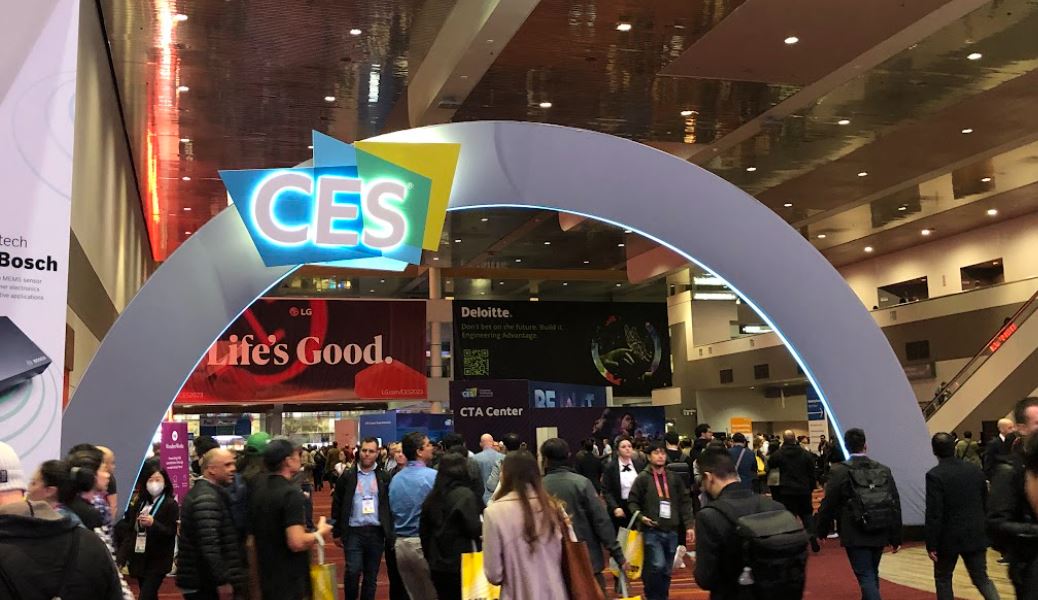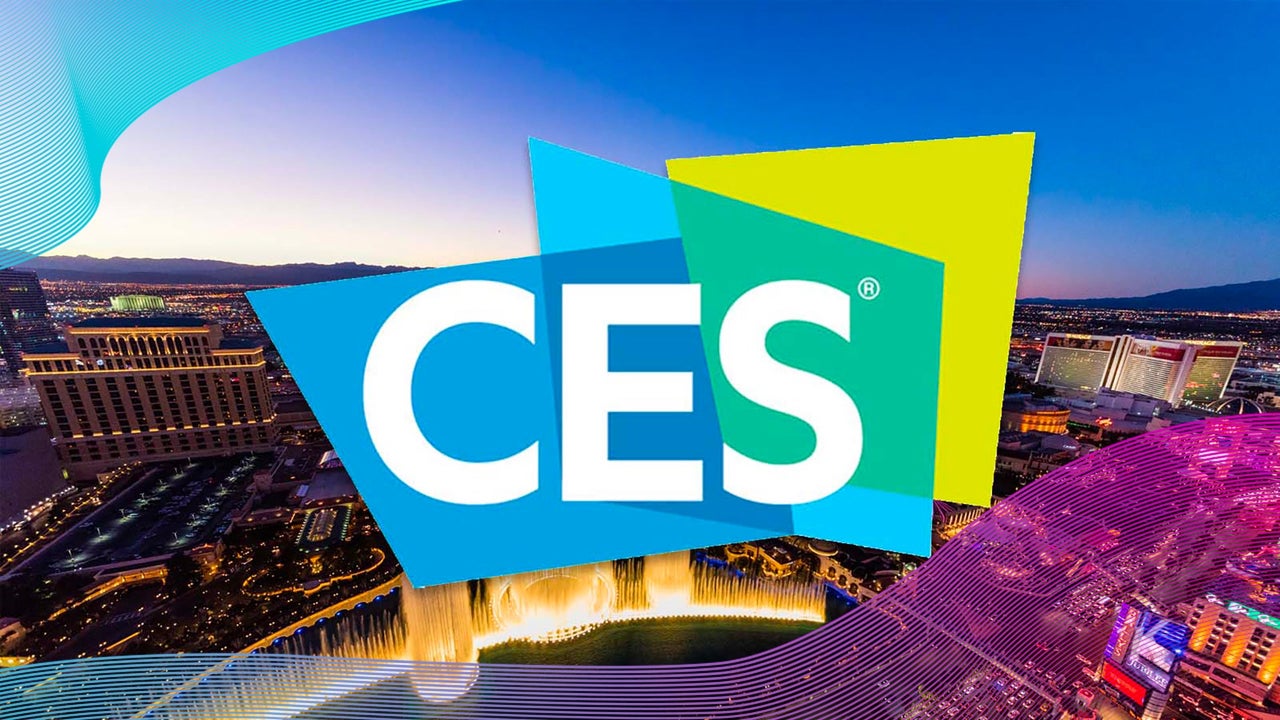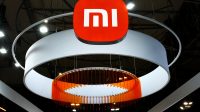The Anticipated Boom Delays: Generative AI Struggles to Take Center Stage at CES

The much-anticipated surge of Generative AI innovation at CES, the premier consumer electronics trade show in Las Vegas, failed to materialize this year. Industry observers suggest that we may have to wait another year for companies to fully harness the potential of large language models like ChatGPT and translate the excitement into tangible gadgets.
Several ambitious projects were on display, ranging from disrupting the meat-grilling industry with AI to enhancing pet interaction and even introducing a prototype boxing glove using machine learning to improve fighting skills. However, these gadgets fell short of capturing the fervor that Generative AI generated during the 2023 hype cycle.
A mere year after the launch of ChatGPT in 2022, companies are still grappling with the challenge of integrating the technology into tangible products. Jay Goldberg, CEO of D2D Advisory, noted, “We’re still trying to get it all to work. You need the silicon and the software, and it’s only been a year since ChatGPT launched—people are still getting on board.”
Financial Returns and Setbacks: The Rollercoaster Ride for Investors

This lackluster showing marks the beginning of a year where investors are eagerly anticipating signs of financial returns from the massive investments in the generative AI sector. However, success is not guaranteed, particularly in the nascent device sector. On the first day of the trade show, AI gadget startup Humane announced layoffs, citing the need to restructure ahead of the March launch of its $699 AI-powered gadget designed to replace smartphones.
While the gadget sector struggled, the automobile industry embraced the generative AI frenzy. Volkswagen showcased vehicles featuring a voice assistant integrating ChatGPT’s technology, allowing drivers to listen to research content on the road. However, concerns about ChatGPT’s occasional misinformation “hallucinations” led Mercedes-Benz to launch a virtual assistant cross-referencing data with Google for accuracy.
China-based Mojie presented augmented reality glasses with plastic lenses connecting to a smartphone, featuring an option to activate ChatGPT for displaying responses to queries in the user’s field of view. AI startup Rabbit introduced the R1, a standalone gadget similar to voice assistants from Amazon and Google, utilizing a “large action model” to control apps and achieving impressive sales of 10,000 units in a day.
Looking ahead, Accenture analyst Syed Alam predicts that next year’s CES will likely showcase a plethora of gadgets and products incorporating various forms of generative AI. As companies gain more time to develop the necessary hardware and software, handheld devices performing generative AI, possibly even offline, could become a common sight at the trade show.
Read More Innovation – Tech Foom








